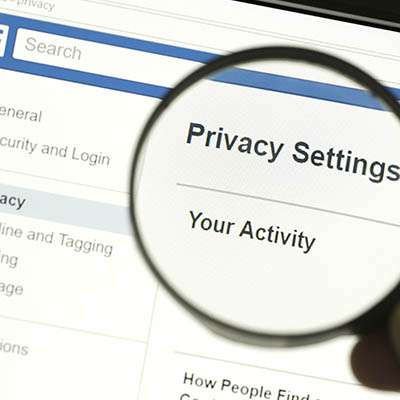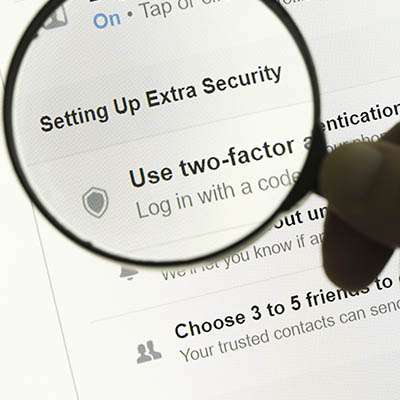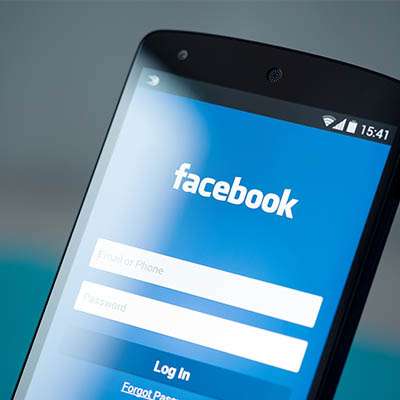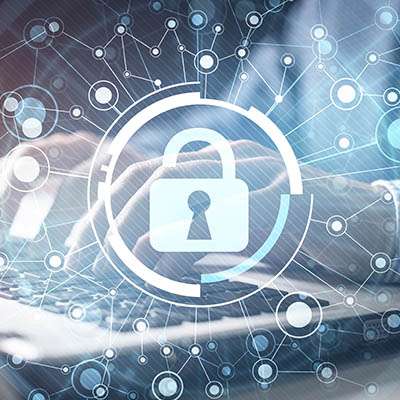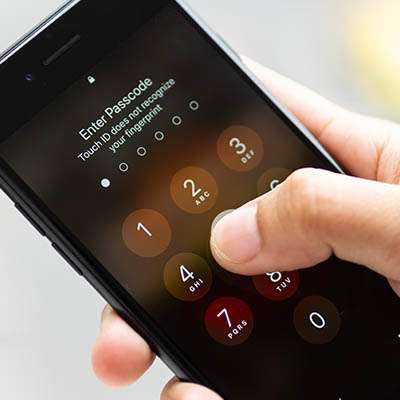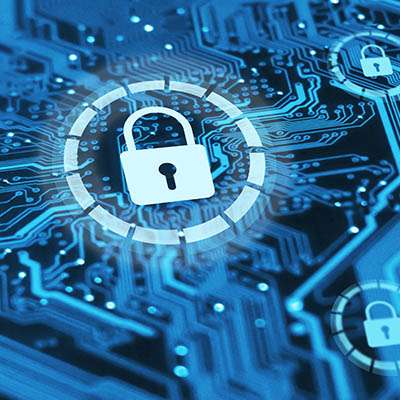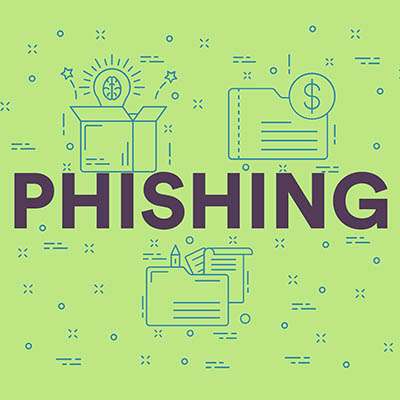There's a reason we’ve been discussing Facebook quite a bit on our blog: we’re all concerned with our privacy, and Facebook has been notoriously front-and-center when it comes to Internet privacy. In this post we will break down Facebook’s privacy settings to help you gain control over your personal identity while using the social network.
Macro Systems Blog
However you personally about Facebook, if you have an account it’s worth configuring and locking down your account to control what others can see about you.
Because Facebook is front and center when it comes to privacy-related issues worldwide, we are going to focus on how you can take control of your personal information. Additionally, this post will also serve as a starting point for anyone who doesn’t understand 2-factor authentication.
Facebook is a large part of daily life for many people. There are more than two billion active users; if you select any 4 random human beings from anywhere in the world, at least one of them likely logged into Facebook today.
It’s imperative to know that you still have control over your information, so in this blog we’re going to look at a few ways you can take control over your online identity on the world’s largest social network.
Are you aware that, of all the vulnerabilities your business has to cyberthreats, your workers are one of the riskiest, simply due to their exposure to your business technology? If your business isn’t secure, it will become very difficult to serve your clientele. Let's take a look at four policies that can help you and your employees positively contribute to your business’ security.
It wasn't too long ago that we had to haul a computer into the shop to get it fixed if there were problems. However, with the pace that modern business is conducted, this approach just isn’t effective for businesses any longer. Today, with the support of a managed service provider, support is available much more efficiently and affordably than ever.
A basic equation: the more productive a business is, the greater the value that its actions will have. This is just one way that managed services provide a business value, by helping to make its actions more productive. Below is a closer look at productivity and the additional value that managed services offer.
Chances are that you know what a URL is, but if you don't: it is the address of a website. It usually starts with “http//:” or “https://” and directs the Internet browser on where the user would like to surf. What you need to always be aware of is that these days a threat can be created by manipulating the URL.
To keep your organization's network secure from threats your software working effectively, patching the software it uses is absolutely imperative. The reason is that the threat landscape is constantly evolving. Recently, Microsoft announced that they have released an emergency out-of-band security update to fix two security issues, an atypical act for the software giant.
Google is an absolute behemoth in computing; it moved from web search functionality to a much wider variety of applications. These applications now make up the G Suite, and are utilized by many, many businesses to accomplish their goals. Listed below are some of the G Suite features and how they can benefit your business.
Phishing has swiftly become the most popular form of cyberattack due to the method’s simplicity; it solely relies on a user’s gullibility. The weakest link to any business is usually the employees. In order to protect your business, you and your team need to recognize these social engineering cyberattack attempts. Below are a few tips on how to identify a phishing attempt.
How worried are you with your organization's cybersecurity? When you envision your business in the future, do you see yourself constantly fighting cyberattacks, or paying ransom? Hopefully not, but what if cybersecurity turns into one of the hardest parts to maintaining a steady business? Below is a look into the future and hypothesize what your organization may need to do to defend against cybercriminals.
People have been talking about the oncoming AR trend for almost a decade now. Google Glass was supposed to dramatically alter technology, but because of security and privacy concerns, it has never come to pass. On the other hand, AR (Augmented Reality) is a growth market and applications for the technology are rapidly increasing. Below is a look at AR and what to expect from the technology in the coming years.
If you were tasked with looking up a phone number, calling a business, and navigating a new-to-you area, would you be able to without your smartphone? For some of us the answer will still be yes, but for a majority of us the answer is no. Smartphones have swiftly transitioned from a calling device to one of our most valuable tools. Shopping, navigating, video streaming, and an incredible amount of other capabilities are all at the palm of your hand.
The way a company approaches its network security is a very important consideration - especially to a company that is planning to have a future. This has contributed to cybersecurity becoming a multi-hundred-billion-dollar per year industry. In its short history, cybersecurity has had a significant impact on businesses, so it would be useful to go through some of the highlights of its deployment.
Is your organization equipped with the required tooling to adopt remote working strategies? Remote workers have a remarkable amount of benefits to contribute to your business’ operations. Remote work is not feasible without a well-thought-out strategy, however. Do you know what your business needs in order to capitalize on remote workers?
Despite its eccentric name, phishing is a very significant threat to everyone, especially modern businesses. Thus, you must be prepared to identify its warning signs and circumvent risky situations. Listed below are a few tips to prevent you from becoming a phishing victim; make sure you share them with your employees as well!

